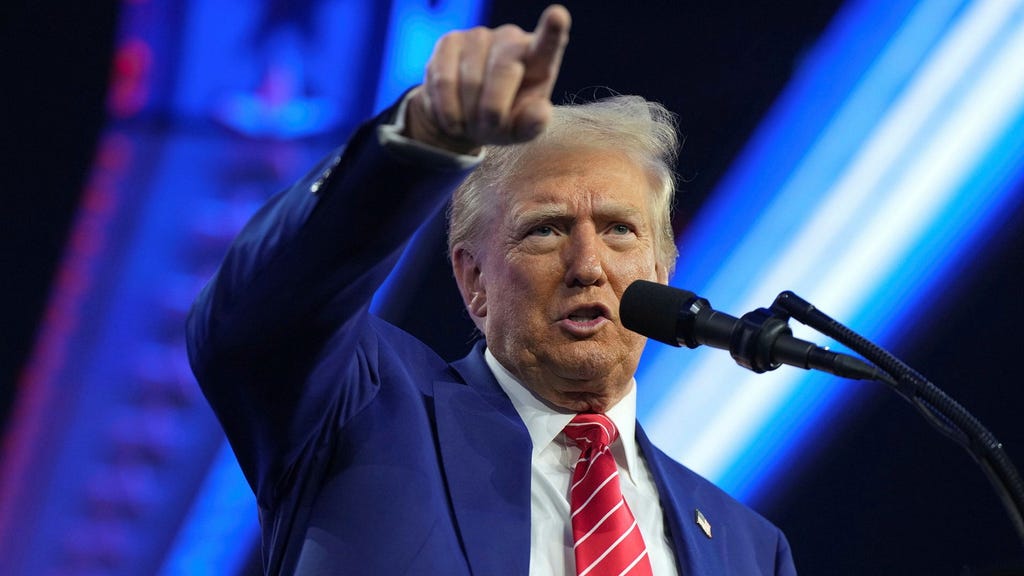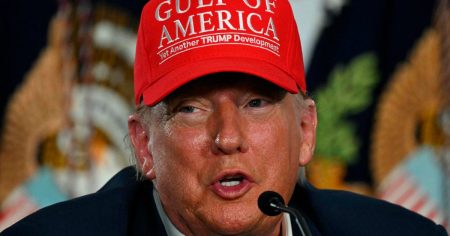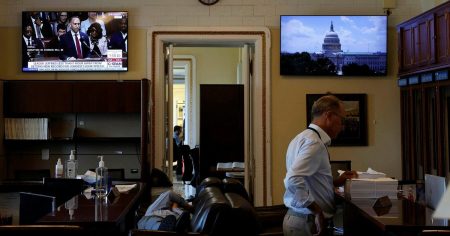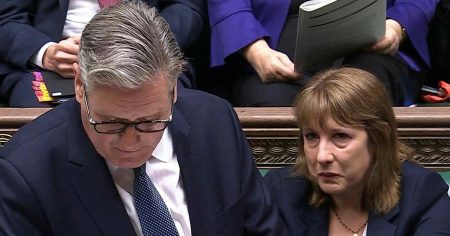Former President Donald Trump’s claim of being ”ripped off” at the Panama Canal and his threat to retake control of it unless Panama ceases charging ”unfair” tolls on American ships resurfaces a long and complex relationship between the two nations, steeped in both cooperation and contention. Understanding the historical context, the current legal framework, and the potential economic and geopolitical ramifications is crucial to dissecting the validity and implications of Trump’s statement.
The construction and control of the Panama Canal has been a point of contention for over a century. The United States initially supported Panama’s separation from Colombia in 1903, largely to secure rights to build and operate the canal, a vital strategic and commercial waterway. The subsequent Hay-Bunau-Varilla Treaty granted the US control over the Canal Zone, a strip of land across the Isthmus of Panama, effectively giving the US sovereign authority over the area. This period was marked by US dominance and Panamanian resentment, fueling nationalist sentiments and calls for Panamanian sovereignty over the canal. The Torrijos-Carter Treaties, signed in 1977 and effective in 1979, paved the way for the gradual transfer of control of the canal to Panama, culminating in the complete handover on December 31, 1999. This transfer was a significant milestone for Panama, marking the end of US control and the beginning of full Panamanian sovereignty over its territory.
The current operation of the Panama Canal is governed by the Panama Canal Authority (ACP), an autonomous agency of the Panamanian government. The ACP sets tolls and manages the canal’s operations, independent of US influence. These tolls are based on a complex system that considers factors like vessel type, size, and cargo. The revenue generated from these tolls contributes significantly to Panama’s economy. Trump’s assertion of ”unfair” tolls appears to disregard the ACP’s established toll structure and its autonomy in setting these fees. Furthermore, any attempt to unilaterally alter this arrangement would violate international agreements and potentially trigger significant diplomatic and economic repercussions.
The legal framework surrounding the Panama Canal is firmly established in international law. The Torrijos-Carter Treaties, ratified by both the US and Panama, and recognized by the international community, guarantee the neutrality of the canal and ensure its open access to vessels of all nations. These treaties also explicitly recognize Panama’s full sovereignty over the canal. Trump’s suggestion of reclaiming control directly contravenes these treaties, which would require renegotiation and ratification by both countries, a process unlikely to be successful given the current political climate and Panama’s firm stance on its sovereignty. Moreover, any attempt to seize control through non-diplomatic means would be a clear violation of international law, potentially leading to condemnation from the global community and severe sanctions against the US.
The economic implications of Trump’s threat are substantial. The Panama Canal is a critical artery for global trade, facilitating the passage of goods between the Atlantic and Pacific Oceans. Disrupting its operation, either through a takeover attempt or through retaliatory measures by Panama, would have far-reaching consequences for international commerce. The US, being a significant user of the canal, would itself be impacted by any disruption, affecting the flow of goods and potentially increasing costs for American businesses and consumers. Further, such an action would damage the US’s standing as a reliable trading partner and could lead to retaliatory measures from other nations.
Geopolitically, any attempt to retake control of the Panama Canal would severely damage the US’s reputation and relationships within the region and beyond. It would be seen as an act of aggression, undermining the principles of sovereignty and international law. This would likely lead to increased tensions with Latin American countries and strengthen anti-American sentiment globally. It could also embolden other nations to disregard international agreements and pursue their interests through coercive means, creating a more unstable and unpredictable international order. Furthermore, such a move could push Panama closer to other global powers, such as China, which has been increasingly investing in infrastructure projects in the region. This could further diminish US influence in the strategically important region. In conclusion, Trump’s threat, if acted upon, would have significant and detrimental consequences across economic, geopolitical, and legal landscapes, underscoring the importance of upholding international agreements and respecting the sovereignty of nations.














